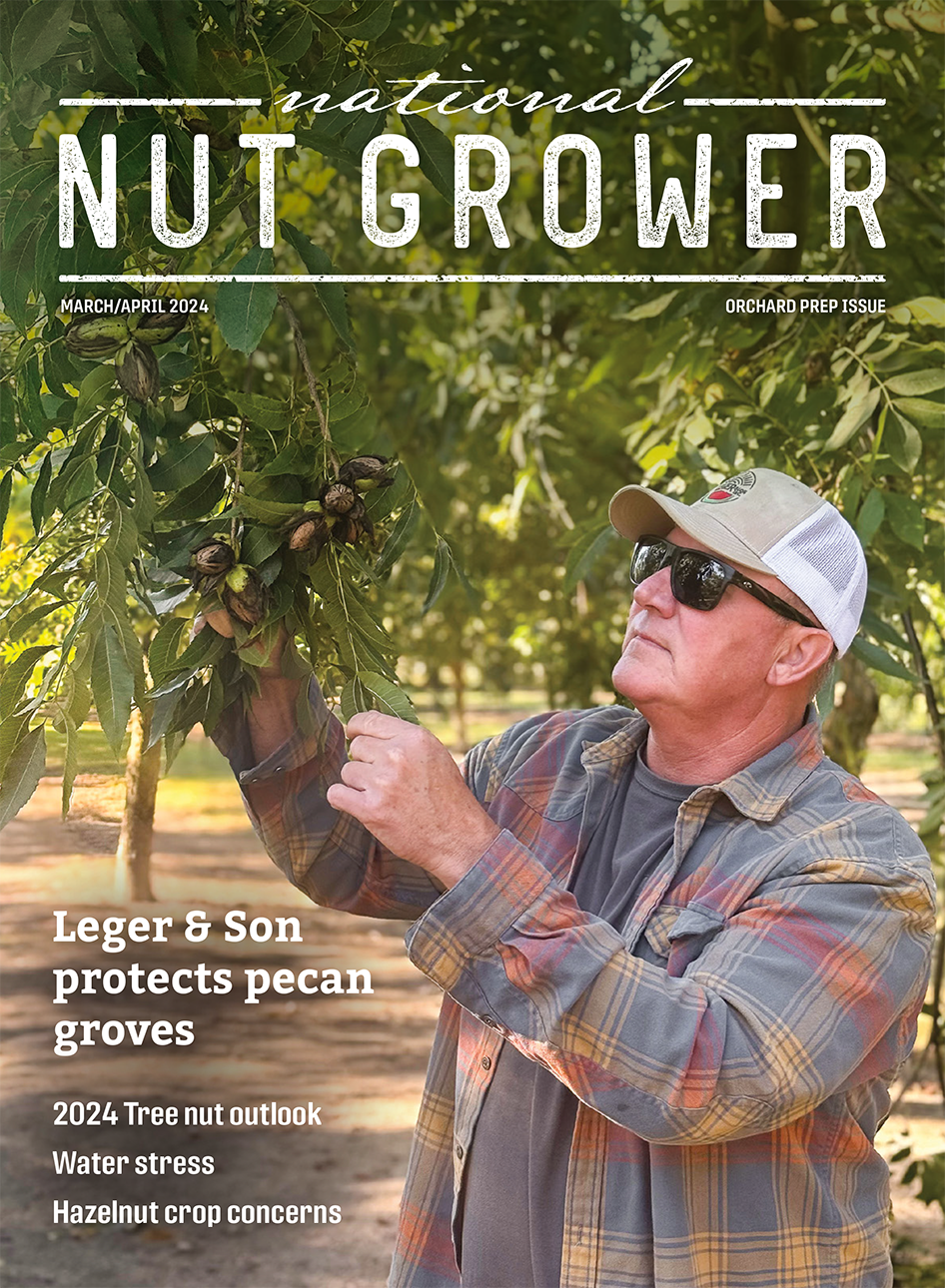
Jun 22, 2021Walnut Board survey reveals changes in snacking habits
As Americans across the country are returning to a sense of normalcy, there are many long-term changes and habits that are here to stay. A new survey, conducted by California Walnuts in May in partnership with Kelton Global, explores snacking behaviors and how snacking habits have shifted due to the pandemic.
Close to one in three (32%), or more than 76 million, U.S. snackers have found comfort in their favorite snacks during the pandemic. This is similar to the 35% who felt the same while sheltering in place, according to a similar study conducted in May 2020. However, compared to a year ago, more Americans are trying to eat healthier snacks (32% vs 25%). Americans are placing an emphasis on how their eating habits are impacting their health and prioritizing healthier snack options.
Several key themes emerged from the survey in relation to consumer’s shift in concern for healthy snacking choices:
- Satiety and weight management: Three in 10 (30%) snackers admit that their snacking behavior during the pandemic has made them gain weight, which is consistent with the 31% who felt the same at this time last year. Snacking is not declining, but snacks that keep you fuller, longer can help control weight gain. Many snackers, in fact more than half (56%), expressed the main benefit they are seeking from snacks is to help control hunger between meals.
- Energy and mood boosting choices: Consumers are choosing snacks based on the belief that what they eat impacts the way they feel. Because of that, they are choosing snacks based on qualities such as boosting energy levels (55%) and enhancing their mood (45%).
- Brain function focus: Brain function is also a concern, with 38% of consumers choosing their snacks based on their ability to improve cognitive function. In fact, 22% – or nearly 53 million – snackers seek out options that have positive impact on their brain health, specifically improving their memory and concentration.
- Flavor and texture spotlight: The survey insights indicate that Americans may be seeking out healthier options, but their focus on snacks that deliver on great taste and texture remains important. When it comes to texture, 42% are looking for crunchy snacks. And people remain divided (50/50) with a preference for sweet or salty.
Certain snacks, such as walnuts, can help support a variety of health benefits including those above. A one-ounce serving of walnuts offers nutrients that help you feel full and satisfied with 4g protein and 2g fiber. In addition, walnuts are the only nut that is an excellent source of the essential omega-3 fatty acid, ALA (2.5g/oz). Walnuts have been researched for their potential role in a variety of health outcomes, including cognitive function, heart health, cancer, diabetes, weight, gut health and reproductive health.
When it comes to mixing flavor, texture and nutrition into one, consumers can incorporate walnuts into their snacking choices. Walnuts are highly versatile and can be seasoned for the sweet or salty snacker, or simply consumed plain. In fact, in this study, 4 in 5 snackers eat walnuts, with half (49%) preferring to eat them plain, and roughly a quarter prefer them seasoned (25%) or sweetened (23%).
To learn more about how walnuts are great for any snacking style, visit the California Walnuts snacking page at www.walnuts.org/snacking.
About the survey: The study surveyed 1,005 nationally representative Americans age 18+ in the U.S., and was conducted online during the period of May 7-14, 2021, and the study has a margin of error of +/- 3.1%.
Methodology: Results of any sample are subject to sampling variation. The magnitude of the variation is measurable and is affected by the number of interviews and the level of the percentages expressing the results.
In this particular study, the chances are 95 in 100 that a survey result does not vary, plus or minus, by more than 3.1 percent, from the result that would be obtained if interviews had been conducted with all personas in the universe represented by the sample. The margin of error for any subgroups will be slightly higher.
The California Walnut Board (CWB) was established in 1948 to represent the walnut growers and handlers of California. The CWB is funded by mandatory assessments of the handlers. The CWB is governed by a Federal Walnut Marketing Order. The CWB promotes usage of walnuts in the United States through publicity and educational programs. The CWB also provides funding for walnut production, food safety and post-harvest research.







